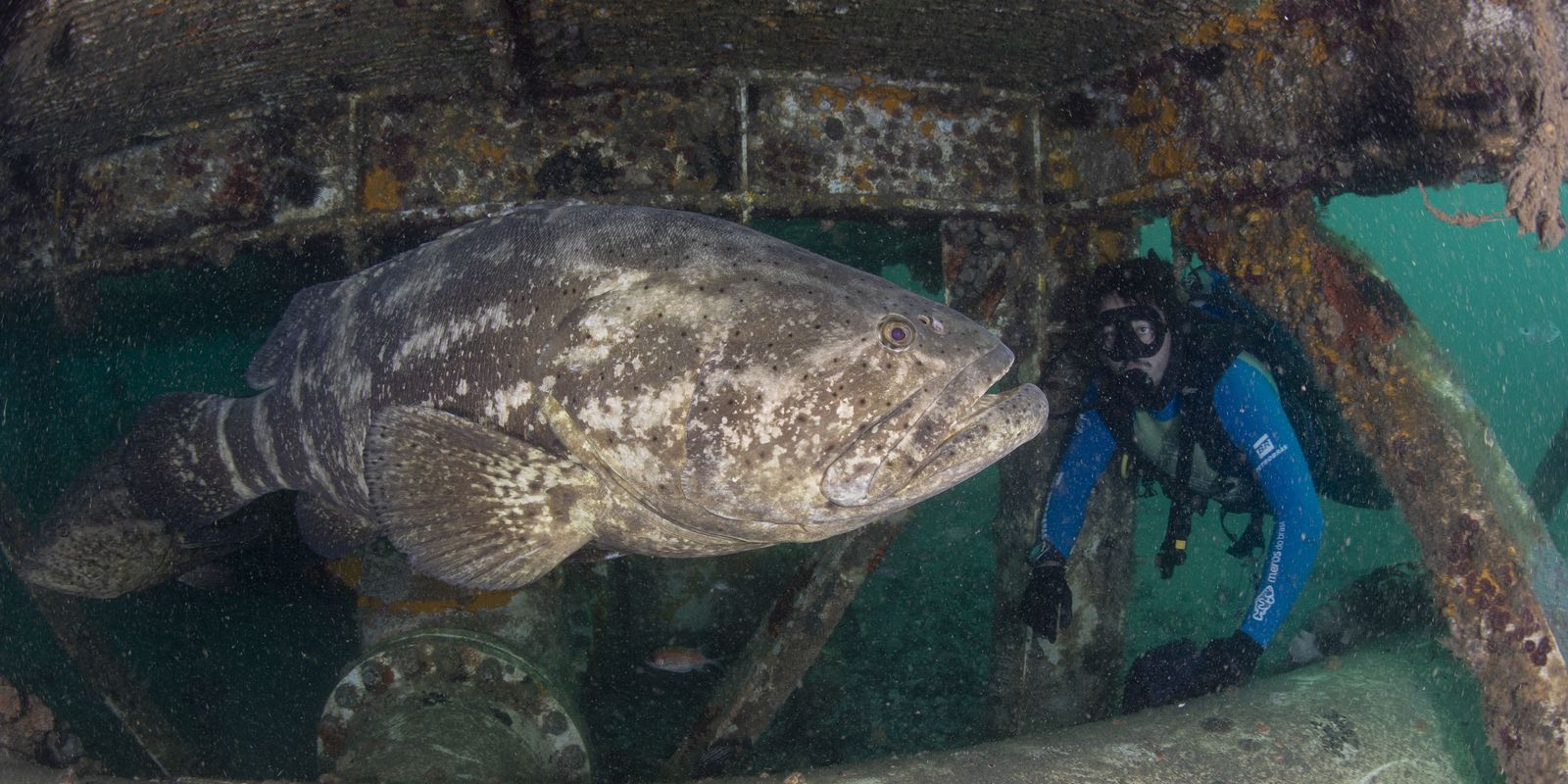The first edition of the Meros Prize for Marine Biodiversity Conservation – The Ocean Decade, promoted by the Meros do Brasil Project, extended registration until January 31, 2023. The prize aims to recognize, value and give visibility to Brazilian ocean conservation initiatives and national marine socio-biodiversity. Entries are made free of charge by project website?? Instructions for registration can be found in the announcement, found at the same electronic address.
Non-governmental organizations, representatives of civil society or educational institutions that present initiatives with proven results and impacts in the context of the Decade of Ocean Science for Sustainable Development may participate.
The general manager of the Meros do Brasil Project, Maíra Burgonha, explained that Brazil is the country with the greatest biodiversity on the planet, with 8,000 kilometers of coastline and a population focused on the sea. “Thus, our history as a nation was also built. That is why, as a project that has been dedicated to conservation for 20 years, we believe it is very important to give the opportunity for recognition and visibility to other initiatives that help in the conservation of nature, especially the ocean, at a time when the whole world is reviewing their forms of consumption and thinking about the future we are going to leave for the new generations”. The Meros do Brasil Project is sponsored by Petrobras.
Categories
The contest is divided into three categories: civil society, community-based initiatives or leaders; scientific initiation projects, carried out by young researchers (undergraduate students or graduates less than two years ago); and youth protagonism (individual or collective initiative of people under 30). “We have many youth initiatives outside universities and community bases that are leading important changes in society’s mentality and that deserve this recognition”, he said.
Each initiative can only be entered in a single category, with participating bodies, entities and institutions being allowed to register more than one project, provided they comply with the regulations of the public notice.
The winning initiatives in each category will receive a trophy, certificate, promotional kit and cash prize in the amount of R$500 for first place; BRL 300 for the second and BRL 200 for the third. The result of the award will be announced between February 20th and 24th, 2023, through the project’s social networks.
Performance
The Meros Do Brasil Project was created in 2002 by a group of researchers from Santa Catarina. Today, it operates in nine states (Pará, Pernambuco, Alagoas, Bahia, Espírito Santo, Rio de Janeiro, São Paulo, Paraná and Santa Catarina) and aims to guarantee the conservation of marine ecosystems and of the grouper fish, which is considered the largest species of grouper in the Atlantic Ocean.
Due to the destruction of its habitats, overfishing and pollution, the species has been considered “Critically Endangered” since 2018 and has been fully protected for 18 years. In 2013, the Instituto Meros do Brasil was created to implement the management and governance of the project’s actions, including the implementation of the national fishing moratorium, a pioneer for a species of marine fish in Brazil.
The Meros Project actions cover around 1,500 kilometers of the Brazilian coast, through network operations, and take into account the particularities of each region. In 2020, the project became part of the Biomar Network for marine conservation along with four other projects that are references in ocean research and preservation across the country (Albatross, Humpback Whale, Living Coral and Spinner Dolphin). In addition, it also integrates and REDÁGUA, along with the Uçá, Coral Vivo and Guapiaçú Projects, for the conservation of the waters of Guanabara Bay and surroundings.















